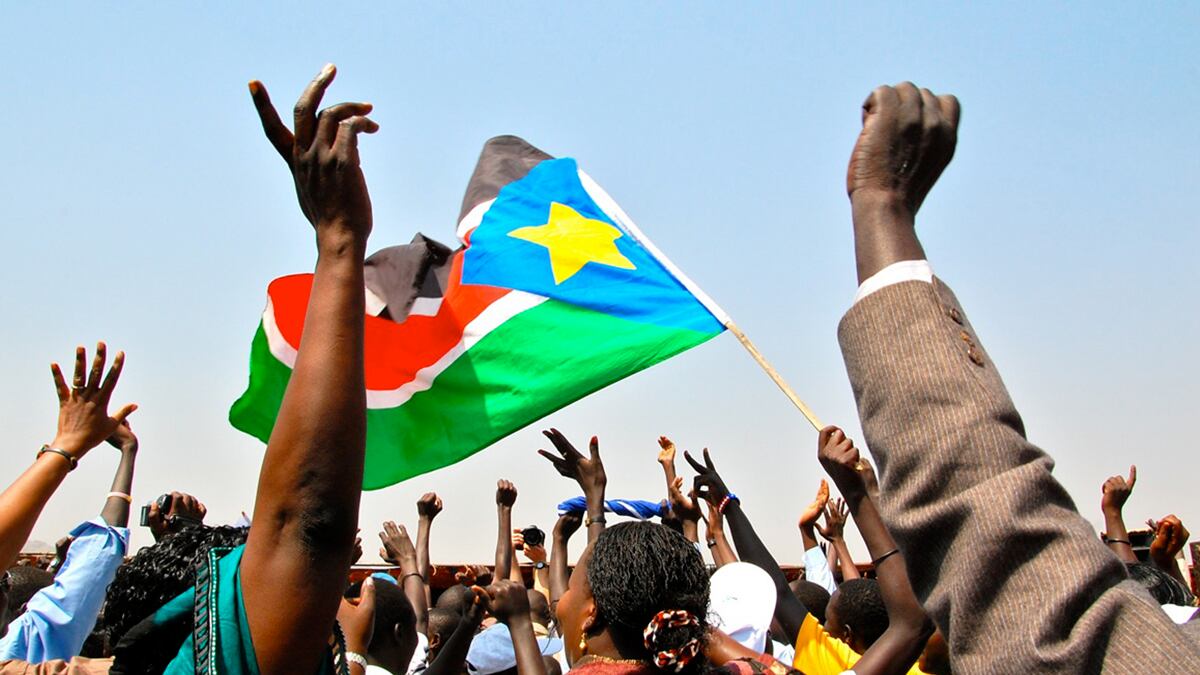Archive
Alan Boswell / MCT via Getty Images
One Year After Independence, South Sudan Still Needs International Support
The international community must show it is capable of sustained commitment even when the TV cameras leave, says John Avlon.

Trending Now





